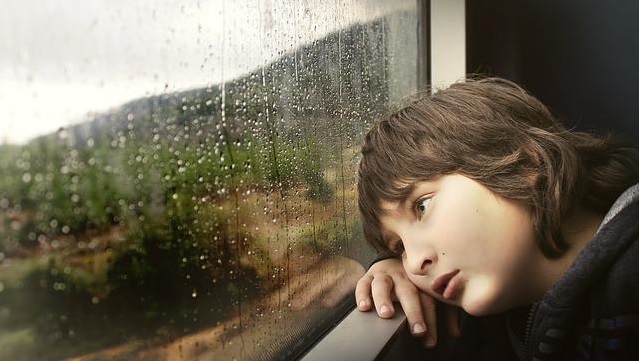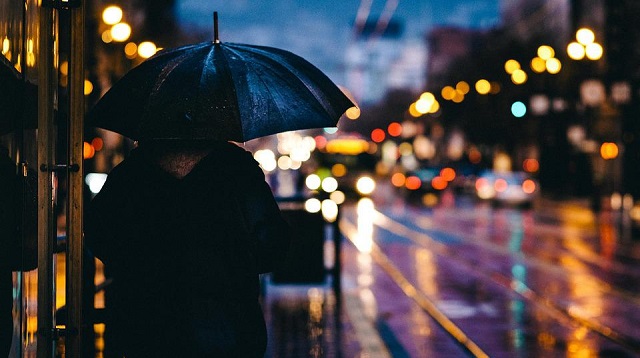Do rainy days make you feel sad? Do they give you a more negative outlook on the world in general? Well, new research from the Hebrew University in Jerusalem shows that you are not alone: People’s moods change when it rains, leaving them more likely to post negative online reviews.
Rainy days are gloomy, so this makes sense.
Will you offer us a hand? Every gift, regardless of size, fuels our future.
Your critical contribution enables us to maintain our independence from shareholders or wealthy owners, allowing us to keep up reporting without bias. It means we can continue to make Jewish Business News available to everyone.
You can support us for as little as $1 via PayPal at office@jewishbusinessnews.com.
Thank you.
This is especially important in current times since nowadays everyone looks for recommendations for just about everything under the sun – books, movies, restaurants, hotels, etc. – online. But no one knows who the people are that are leaving the reviews and what state of mind they may be in when they did so.
This is why the Hebrew University research is so important.
Understanding how opinions are formed and decisions are made in our online world is the focus of the research by Dr. Yaniv Dover of the Jerusalem Business School and the Federmann Center for the study of Rationality at the Hebrew University of Jerusalem, Israel (HU). His latest publication in the Journal of Consumer Research shows that even the weather of the day can color our perception of past experiences.
Dover’s research, done in collaboration with Prof. Leif Brandes at the University of Lucerne, Switzerland, used 12 years of data and 3 million hotel bookings to examine how 340 000 anonymous online reviews of hotels were influenced by the weather on the day they were written. This was far from the simple evaluation that included matching between the booking made by the consumer and the written review, identifying the weather at the location of the reviewer, the star rating given, classification of vocabulary used to describe the stay, and the weather experienced during the stay at the hotel. The researchers also used a special statistical model that takes into account both the decision to provide a review and the content of the review.
The results showed conclusively that, on average, bad weather (rain or snow) reduced the reviewers’ evaluation of their past hotel experience sufficiently to nearly demote the hotel from a 5- to a 4-star rating. Bad weather also made reviewers write longer and more critical and detailed reviews. They also showed that on rainy days there was a higher chance of choosing to write a review and that the effect of weather on the review was independent of the weather they experienced during the hotel stay. The authors suggest that this effect may be because bad weather days trigger more negative memories, or induce a negative mood which colors the review.
This research is interesting in itself but has much wider implications because it shows, for the first time, how our external physical environment—in this case the weather—can be a factor in our online judgments. Dover explains that this type of research “exposes an aspect of the dynamics of our new digital world… and can help policy makers frame policies to better engineer a more productive and healthy effect of online activities on our daily lives.”






